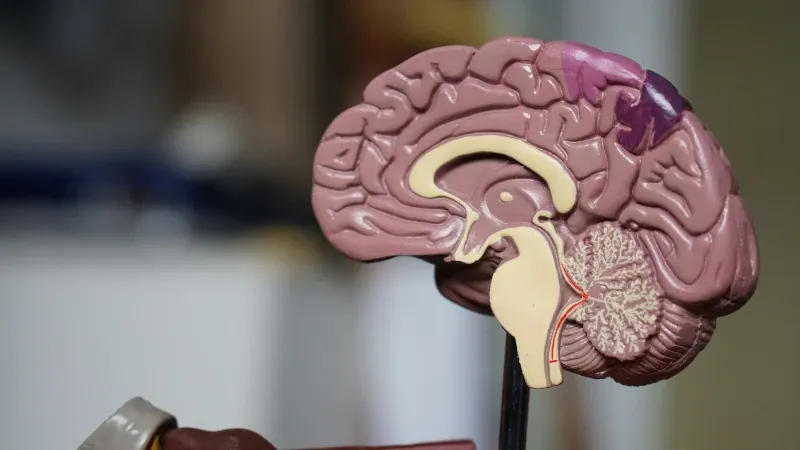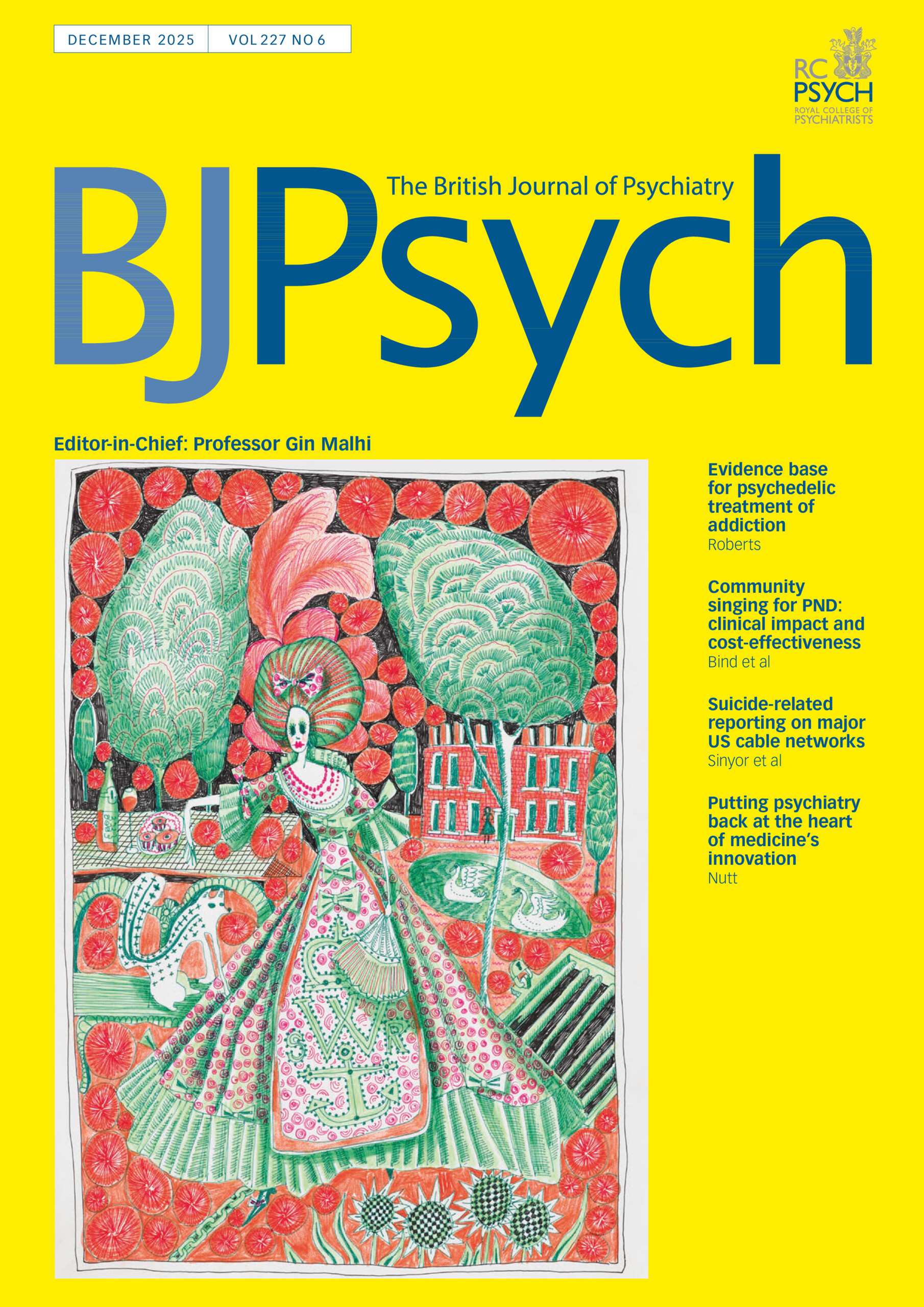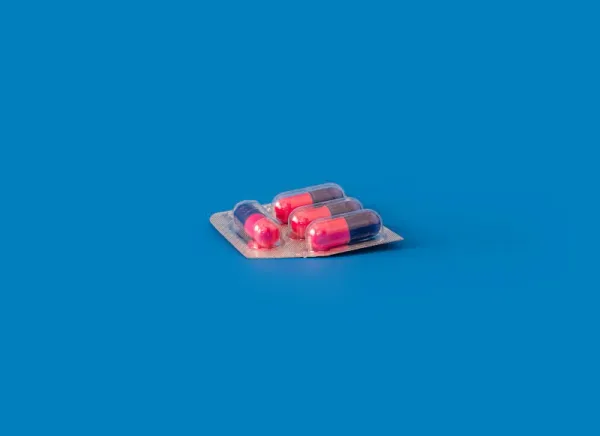Anxiety and suicidal thoughts after stopping GLP1s?
Reports of anxiety and suicidal reports have been reported for people after *stopping* use of GLP1s. We dig in, and weight the FDA's comments.

GLP1 receptor agonists have many benefits, and they have proven to be key in improving lives of people suffering from type 2 diabetes and obesity.
Check out our quick explainer
While GLP1 RAs are effective, they are not miracle cures – they have side effects (many of which are well-known and studied), and keeping track of negative side-effects is just as important (if not more) than positive side effects.
Anxiety and suicidal thoughts as a side effect
Anxiety and suicidal thoughts have been explored as being correlated with GLP1 usage in the past — in particular reports that have gone to the European Medicines Agency (EMA) and the United States Food and Drug Administration (FDA) which prompted some analysis:

While there was much data to peruse and the reports were submitted, the researchers found no concrete link that could suggest causation:
Conclusion: Unlike our previous report with FAERS, a mixed pattern of ROR emerged in the WHO VigiBase with respect to suicidality and exposure to select GLP-RAs. Causation between GLP-1 RA exposure and suicidality (either increased or decreased) cannot be ascertained from ROR data.
The complicated relationship between body image, body weight, and depression
To some the idea that body image and body weight are connected is common sense, but we'll take some time to lay out the connection here. While we can't claim to be psychologists or completely understand how people work, it's common for people to experience challenges in life that challenge their self perception, often negatively.

Body weight that doesn't match personal or societal expectations is anecdotally the cause of much suffering for people young, old, thin and otherwise. So much so that the association between body size and weight change has been reviewed directly in it's correlation to depression:

It's clear that body weight (and body weight changes) is one of the top causes of unhappiness that can grow into clinical depression.
This paradoxically (to the title of this article) reveals a large opportunity for GLP1 drugs – being able to help address the problems of depression and anxiety for people young and old with relatively few side-effects otherwise (compared to other medications on offer) would be a great step forward.
What does the FDA say about the link between GLP1s and Depression?
The FDA put out a statement regarding the reports of suicidal thoughts or actions which is worth repeating here:

To sum up, they also failed to find concrete evidence that pointed to causation in early evaluations:
Our preliminary evaluation has not found evidence that use of these medicines causes suicidal thoughts or actions.
While the FDA hasn't found any evidence yet, science in general moves slowly (and carefully), so we can't rule it out yet.
Anecdata on the link between GLP1s and depression after stopping
On the popular website Reddit, a discussion formed around stopping usage of Semaglutide (brand names Ozempic, Wegovy, and Rybelsus) "cold turkey", leading to various negative side effects that they viewed as related/caused by stopping the use of GLP1 RAs.
Many people commented in the article and expressed similar happenings, with many pointing to anxiety and depression/mood changes:
Comment
by u/kleague07 from discussion
in Semaglutide
While this data is anecdotal in nature, we think it's important to monitor, as the deployment and use of GLP1s is far outpacing anything that can be measured in a single laboratory environment.
So, do GLP1 RAs cause Depression?
At present, there is not yet strong evidence to support the idea that GLP1 RAs cause depression. While it's hard to say definitively that anything singularly causes any other malady, usually there is some "smoke" before we can definitively identify fire, and that threshold does not seem to have been crossed either.
As usual, the best advice we can offer here is to talk to the relevant medical professionals before starting a regimen of GLP1 Receptor Agonist usage (Ozempic, Wegovy, Zepbound, Mounjaro, etc), and carefully monitoring your body along with advice from medical professionals.
We hope that as more insurers and organizations cover GLP1s, the normalization of these drugs will make it easier to detect and correct issues like this that arise.







